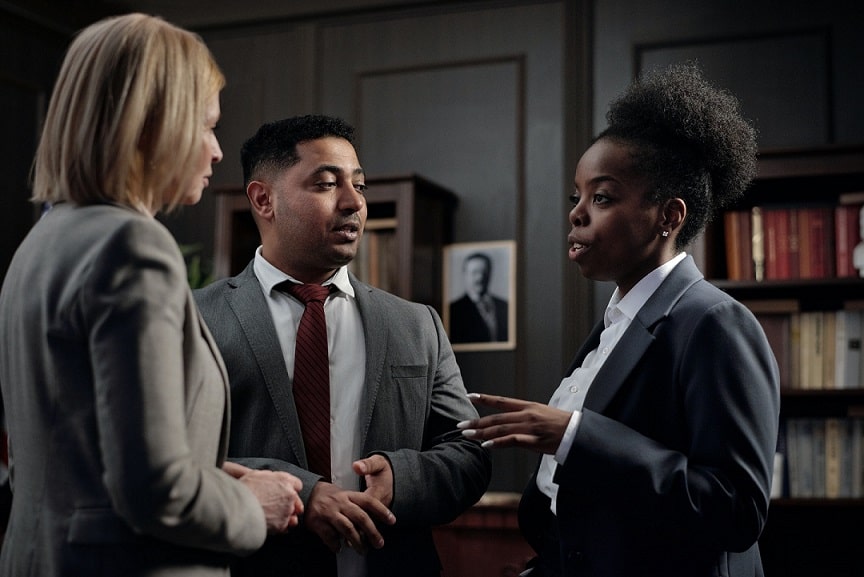 One of the blackest days in recent sporting history happened in April 1989 at Hillsborough Stadium during an FA Cup tie between Liverpool and Nottingham Forest when officers with South Yorkshire Police caused the stands where spectators were sitting to become overcrowded which in turn caused 95 people (mainly Liverpool Supporters) to be crushed to death.
One of the blackest days in recent sporting history happened in April 1989 at Hillsborough Stadium during an FA Cup tie between Liverpool and Nottingham Forest when officers with South Yorkshire Police caused the stands where spectators were sitting to become overcrowded which in turn caused 95 people (mainly Liverpool Supporters) to be crushed to death.
One the outcomes of this was a case called Alcock v Chief Constable of South Yorkshire which was heard at the House of Lords and is relevant in dictating who is allowed to bring a claim for psychiatric illness.
The facts of the case were that relatives of the victims and police officers who had assisted with operations in the immediate events after the tragedy brought a claim for psychiatric harm against South Yorkshire Police. The outcome of the claim was dictated by the House of Lords considering whether the relatives and the policeman’s psychiatric illness could have been reasonably foreseen by South Yorkshire Police when their actions in allowing the stands to be overcrowded caused the tragedy. Unfortunately both parties failed in their claim and their Lordships stated that this was due to them not satisfying the following three stage test:
- The closeness of the relationship to the victim.
- The closeness “in time and space” to the situation said to have caused the psychiatric illness.
- The way in which the psychiatric illness was caused.
It would seem then that if anyone is unfortunate enough to be in a situation where their loved one has been involved in an accident that has caused their death, they can only claim if they are related closely to the victim and they were actually present at the scene of the accident.

 One of the blackest days in recent sporting history happened in April 1989 at Hillsborough Stadium during an FA Cup tie between Liverpool and Nottingham Forest when officers with South Yorkshire Police caused the stands where spectators were sitting to become overcrowded which in turn caused 95 people (mainly Liverpool Supporters) to be crushed to death.
One of the blackest days in recent sporting history happened in April 1989 at Hillsborough Stadium during an FA Cup tie between Liverpool and Nottingham Forest when officers with South Yorkshire Police caused the stands where spectators were sitting to become overcrowded which in turn caused 95 people (mainly Liverpool Supporters) to be crushed to death. 









